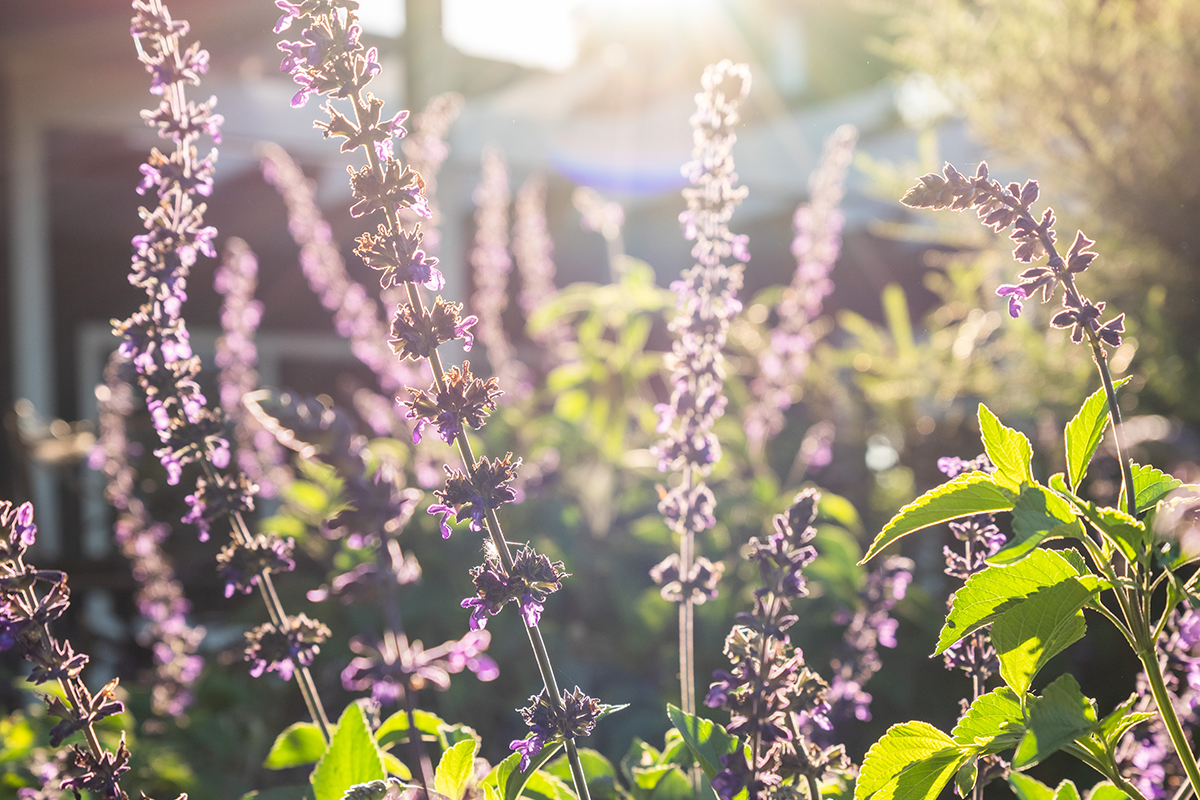After completing university in 1968, I undertook junior officers’ training. Military service was mandatory for young men in the United States then, and most of us wished to be anywhere else doing anything other than fighting a meaningless war.
We continually frustrated the drill sergeants who trained us. We didn’t want to be soldiers, so time after time these sergeants would try to inspire some commitment in us, yelling “Gentlemen! Sometimes it doesn’t matter what you do – JUST DO SOMETHING!!!”
Many things I learned in the army have proven useful, and that directive is burned into my memory. Sometimes, especially when the task seems too big, what matters is just doing something.
Today’s young people are as trapped by circumstances as my generation. They and their descendants inherit the consequences of two centuries and more of greenhouse gases (GHGs) being spewed into the atmosphere. The insult to that injury is knowing that they will pay the price for the inaction of their parents, who knew better but did little to stop the accruing environmental damage.
These memories returned for me with the March announcement of the appointment of Pippa McKelvie-Sebileau as the new Climate Action Ambassador for Hawke’s Bay. I welcome the appointment. Councillor Hinewai Ormsby calls climate change “the most urgent and profound environmental issue of our time.” Council has a responsibility to act that acknowledges the climate change emergency it declared. This is one such step.
Can one appointment address a challenge of this magnitude? Tom Belford (BayBuzz, 11 March 2022) calls Ms McKelvie-Sibileau’s proposed work plan a “yawner”. Her tasks include ensuring the Council is carbon neutral by 2025, leading development of a Regional Climate Action Plan, and having “a key leadership role” in the region’s push to carbon neutrality by 2050.
Belford has a point. The Labour Government’s lethargic leadership on reducing GHG emissions undercuts our international commitments on both climate change and biodiversity. Ms McKelvie-Sebileau’s challenge is to demonstrate the commitment of regional government to meeting these challenges.
In that spirit, I offer three thoughts about how I’d like our new ambassador to approach her role:
First, ACTION. Action is the key word in the ambassador’s title. New Zealanders are tired of talk – it’s time to walk the walk. Be the Action Ambassador – get runs on the board quickly. Climate change is a bigger challenge than Covid-19 – act with the same urgency.
Second, nature-based solutions. Of course, what one does matters. The menu of choices to address climate change is huge. Thousands of different changes can make a difference. One action ambassador can’t do all or even many of them, but the public can be inspired to help.
How best to choose what actions to pursue? Nature-based solutions (NbS) are an emerging framework to simultaneously address the twin challenges of our time, climate change and biodiversity restoration. Restoring biodiversity repairs damaged ecosystem services and helps address the harmful effects of climate change.
Our Ambassador can advocate NbS actions for natural spaces, cities, and individuals. Restoring habitats along shorelines and rivers protects communities and infrastructure from flooding and erosion, sequesters carbon, and enhances biodiversity. Restoring and expanding every patch of remnant bush can have similar effects.
Increasing green spaces and planting trees in urban areas sequesters carbon, mitigates floods and air pollution, cools urban hot spots, and provides recreation and health benefits.
Individuals can reduce carbon footprints and restore biodiversity simultaneously by reducing consumption, using appliances and phones longer before replacement, traveling less, growing a vegetable garden, planting insect-loving plants like lavender, using public transport, and replacing lawns with nature-friendly plants that don’t require mowing or pesticides or fertiliser. When possible, replace petrol vehicles with an EV.
Third, banish the dangerous phrase “return to normal.” This meaningless term reflects lazy thinking. And it’s not alone. ‘Business as usual’ is strong competition for the lazy thinking award.
What’s been ‘normal’ for the past 200 years has been highly abnormal in the history of life on earth. Overloading the atmosphere with greenhouse gases, harvesting wildlife to extinction, and destroying habitats for the species with whom we share the earth are no longer acceptable. Future environmental standards must be far different.
Let’s stop compromising our children’s futures. The Covid-19 crisis has shown how quickly humanity can respond to danger. Environmental leaders need to respond with the same speed and resolve.
So, I wish our new action ambassador well. Plaudits to our councillors for Doing Something! And I hope the appointment expresses an understanding that the ambassador’s success requires Council’s long-term support and commitment.
This battle is for all of us. Each of us needs to Do Something, Many Things, to address these catastrophes. Please. It IS an emergency.


Pleease think twice dear fellow humans before cutting or removing big trees in our beautiful city, especially the Napier city council! We need them. Pass a bylaw or something. We need more mature trees in our city, our back yards, our streets…come on! If you have to remove one replant two, easy. While we’re at it, can we have trees along all the streets, avenues of coolness in the summer…as you see in Rotorua, New York, Sydney. Please!
Thanks Charles, for spelling out simple practical ways we can all contribute to the solution.
The painful sound of chainsaws cutting down a whole street of trees in my neighbourhood in Napier this week has me wondering who in council gives these orders?? Is it happening because a handful of people found the trees a nuisance. Maybe they were invading infrastructure?? I don’t know.
When a Judas tree became very old and unstable on my grass verge, the council cut it down, which was necessary, but the replacement tree is not native, and reminds me of a soldier standing to attention. Replacing trees is a chance for the kind of tree that will attract native birds, or dare I say, a fruit or nut tree that can provide for the community??